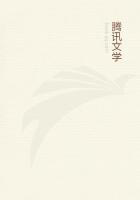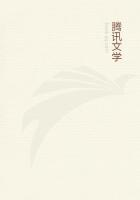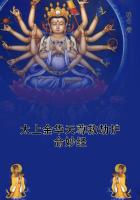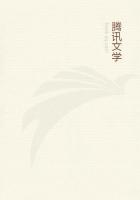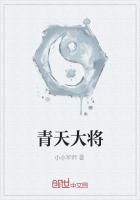Even physicians of the most distinguished reputation practised judicial astrology. Jerome Cardan was not above earning money by casting horoscopes, and on this subject he wrote one of his most popular books (De Supplemento Almanach, etc., 1543), in which astronomy and astrology are mixed in the truly mediaeval fashion.
He gives in it some sixty-seven nativities, remarkable for the events they foretell, with an exposition. One of the accusations brought against him was that he had "attempted to subject to the stars the Lord of the stars and cast our Saviour's horoscope."[31] Cardan professed to have abandoned a practice looked upon with disfavor both by the Church and by the universities, but he returned to it again and again. I show here his own horoscope. That remarkable character, Michael Servetus, the discoverer of the lesser circulation, when a fellow student with Vesalius at Paris, gave lectures upon judicial astrology, which brought him into conflict with the faculty; and the rarest of the Servetus works, rarer even than the "Christianismi Restitutio," is the "Apologetica disceptatio pro astrologia," one copy of which is in the Bibliotheque Nationale. Nor could the new astronomy and the acceptance of the heliocentric views dislocate the popular belief. The literature of the seventeenth century is rich in astrological treatises dealing with medicine.
[31] De Thou, Lib. LXII, quoted by Morley in Life of Jerome Cardan, Vol. II, p. 294.
No one has ever poured such satire upon the mantic arts as did Rabelais in chapter twenty-five of the third book of "Pantagruel." Panurge goes to consult Her Trippa--the famous Cornelius Agrippa, whose opinion of astrology has already been quoted, but who nevertheless, as court astrologer to Louise of Savoy, had a great contemporary reputation. After looking Panurge in the face and making conclusions by metoposcopy and physiognomy, he casts his horoscope secundum artem, then, taking a branch of tamarisk, a favorite tree from which to get the divining rod, he names some twenty-nine or thirty mantic arts, from pyromancy to necromancy, by which he offers to predict his future. While full of rare humor, this chapter throws an interesting light on the extraordinary number of modes of divination that have been employed. Small wonder that Panurge repented of his visit! I show here the title-page of a popular book by one of the most famous of the English astrological physicians, Nicholas Culpeper.
Never was the opinion of sensible men on this subject better expressed than by Sir Thomas Browne:[32] "Nor do we hereby reject or condemn a sober and regulated Astrology; we hold there is more truth therein than in ASTROLOGERS; in some more than many allow, yet in none so much as some pretend. We deny not the influence of the Starres, but often suspect the due application thereof; for though we should affirm that all things were in all things; that Heaven were but Earth Celestified, and earth but Heaven terrestrified, or that each part above had an influence upon its divided affinity below; yet how to single out these relations, and duly to apply their actions, is a work ofttimes to be effected by some revelation, and Cabala from above, rather than any Philosophy, or speculation here below."
[32] Sir Thomas Browne: Pseudodoxia Epidemica, Bk. IV, Chap.
XIII. (Wilkin's ed., Vol. III, p. 84.)
As late as 1699, a thesis was discussed at the Paris Faculty, "Whether comets were harbingers of disease," and in 1707 the Faculty negatived the question propounded in a thesis, "Whether the moon had any sway on the human body."
The eighteenth and nineteenth centuries saw, among intelligent men, a progressive weakening of the belief in the subject; but not even the satire of Swift, with his practical joke in predicting and announcing the death of the famous almanac maker, nor contemptuous neglect of the subject of late years sufficed to dispel the belief from the minds of the public. Garth in the Dispensary (1699) satirizes the astrological practitioners of his day:
The Sage in Velvet Chair, here lolls at Ease To promise future Health for present Fees Then as from Tripod solemn Sham reveals And what the Stars know nothing of foretell. (Canto ii.)

